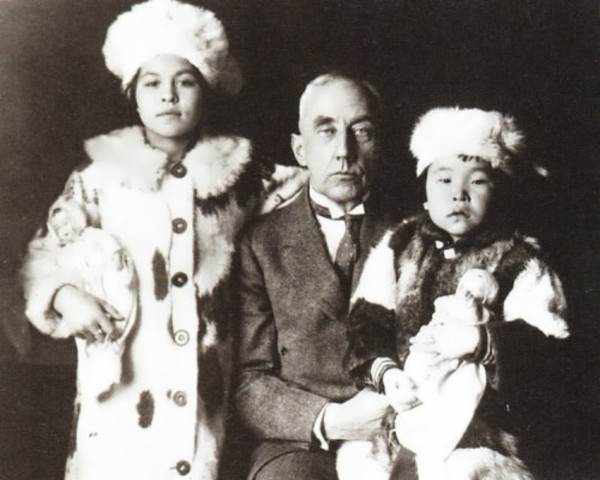Volmir Cordeiro
Rua – Braga, Lisboa
In “Rua”, Volmir manifests in the different bodies and faces the street might contain. The space which is drifted and crossed by the dancer’s redesigning by movement converts in an open abstraction, as the performer condenses in his body the diverse characters of the urban fauna, the ones most marginalized. A choreographic answer to the reading of the war poems of Bertolt Brecht, “Rua” instills a dance of thought and body, densifying the space, inhabiting a thousand ghosts.
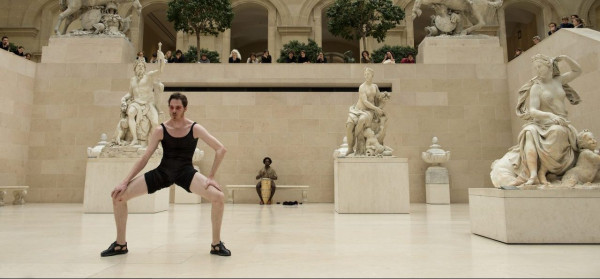
Gabriel Ferrandini
Rosa. Espinho. Dureza
Under an invitation by BoCA, the drummer Gabriel Ferrandini conceives his first stage creation, sharing the stage with the actor Frederico Barata. “Rosa. Espinho. Dureza.” is made out of three acts: labour, sex, love. As a triptych, in which concepts and materials are interlinked, each act will have an action and object represent its respective “problem”, repeated ad nauseam, testing the persistence and concentration of the performers and the audience.
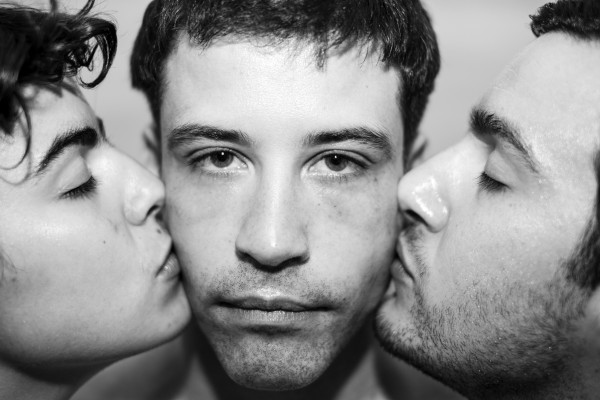
Ola Maciejewska
Bombyx Mori
In “Bombyx Mori”, a play for three female performers, Ola Maciejewska takes inspiration from the “Serpentine Dance” from Loïe Fuller. Ola explores the relationship between human beings and physical matter in art, creating movement in sizable pieces of cloth. Waterfalls of black clothing wave throughout the stage, creating short-lived whirlpools, wings and mythical creatures that parade exuberantly before our eyes.
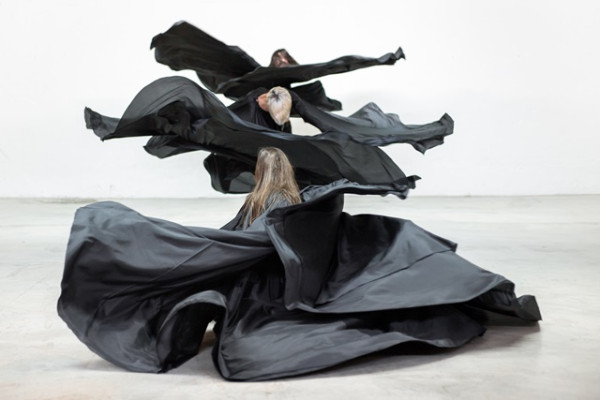
Paulo Castro
Hello My Name Is
“Hello My Name Is” is a solo show, performed by Timorese actor Rashidi Edward. In this one-man show, Rashidi makes a powerful display of a man who acts many parts – he is the one mourning for someone killed and right after he is the soldier who takes the shot -, using the poetic language of Edward Bond to draw attention to the place each one occupies in the games of tyrannical power.
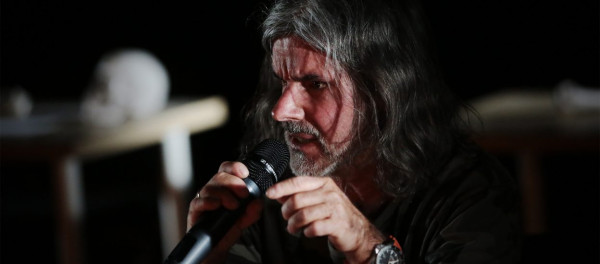
Angélica Liddell
Lo Frío y lo Cruel
In this new creation, having its starting point the Leopold Von Sacher-Masoch narrative as well as the one from Marquis de Sade, the essay “The Cold and The Cruel” (1967) by Gilles Deleuze, Angélica Liddell focuses on the literary and artistic part of perversions, far away from any clinical explanation, where it is highlighted the poetic expression that goes beyond any artistic frontier or discipline to display the relations between father and daughter.
